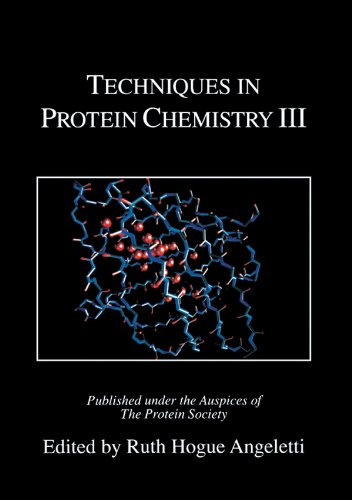
By Steven Paglierani,Connie Vallone
Everything scientists do is meant to guide to discoveries. No twist of fate, we present scientists who make significant discoveries with such things as the Nobel Prize. sincerely, discoveries are the common holy grail of technological know-how. but unusually, as regards to a hundred% of clinical efforts fail to find something. Why? And why does not anyone ever point out this?
This isn't to assert scientists observe not anything, not to mention not anything significant. each existence in the world is best due to science’s developments. furthermore, scientists themselves are the various brightest, so much impressive humans. So how will we clarify their as regards to excellent checklist of failures?
In half, this ebook will discover this mystery—why the present clinical approach so infrequently succeeds. This publication will declare the matter lies now not with scientists yet quite, with their approach. yet what if scientists had a mode which enabled them to make discoveries at any time when out?
In the outlet chapters, this e-book will describe what this sort of technique would have to be like. We’ll then try this technique on every thing from sleep difficulties and weightloss matters to the character of deafness, melanoma, meditation, and studying the days tables.
Can we most likely observe whatever new? arrange to be amazed.
Read or Download The Science of Discovery: (why do scientists so rarely make breakthroughs) (Finding Personal Truth Book 3) PDF
Similar science & nature education books
Japanese Science: From the Inside (Routledge Studies in the Growth Economies of Asia)
This new ethnographic examine appears of Japan's scientists seems firsthand at occupation buildings and organizational concerns that experience hampered the development of scientists and clinical learn in Japan. It offers research of the matter of occupation mobility in technological know-how, the established order in collage and govt laboratories, family members among scientists and lay directors and the issues encountered through girls scientists.
Techniques in Protein Chemistry III: v. 3
Thoughts in Protein Chemistry III compiles papers awarded on the 5th Protein Society Symposium in Baltimore on June 22-26, 1991. This booklet discusses the protein and peptide restoration from PVDF membranes; high-sensitivity peptide mapping using reversed-phase microbore and microcolumn liquid chromatography; and capillary electrophoresis for guidance of peptides and direct selection of amino acids.
This can be the 1st of 3 volumes which jointly include the entire variety of Lord Rutherford’s clinical papers, incorporating moreover addresses, basic lectures, letters to editors, bills of his clinical paintings and private memories by way of neighbors and associates. quantity one, first released in 1962, comprises early papers written in New Zealand, on the Cavendish Laboratory and through the Montreal interval (1894-1906), in addition to an advent to Rutherford’s early paintings through Sir Edward Appleton, and a few recollections of his time in Canada via Professors H.
Theory Choice in the History of Chemical Practices (SpringerBriefs in Molecular Science)
This choice of essays examines the query of conception from the point of view of the background of chemistry. during the lens of a few varied classes, the authors supply a old research of the query of thought within the historical past of chemical perform. The consensus photo that emerges is that the background of technology tells us a way more complicated tale approximately idea selection.
- The Schoolwide Enrichment Model in Science: A Hands-On Approach for Engaging Young Scientists
- Reconceptualizing the Nature of Science for Science Education: Scientific Knowledge, Practices and Other Family Categories (Contemporary Trends and Issues in Science Education)
- Inquiry into the Singapore Science Classroom: Research and Practices (Education Innovation Series)
- Rational Action: The Sciences of Policy in Britain and America, 1940-1960 (Transformations: Studies in the History of Science and Technology)
- Dialogue de sciences physiques Tome 3: niveau troisième (French Edition)
Extra info for The Science of Discovery: (why do scientists so rarely make breakthroughs) (Finding Personal Truth Book 3)
Sample text



